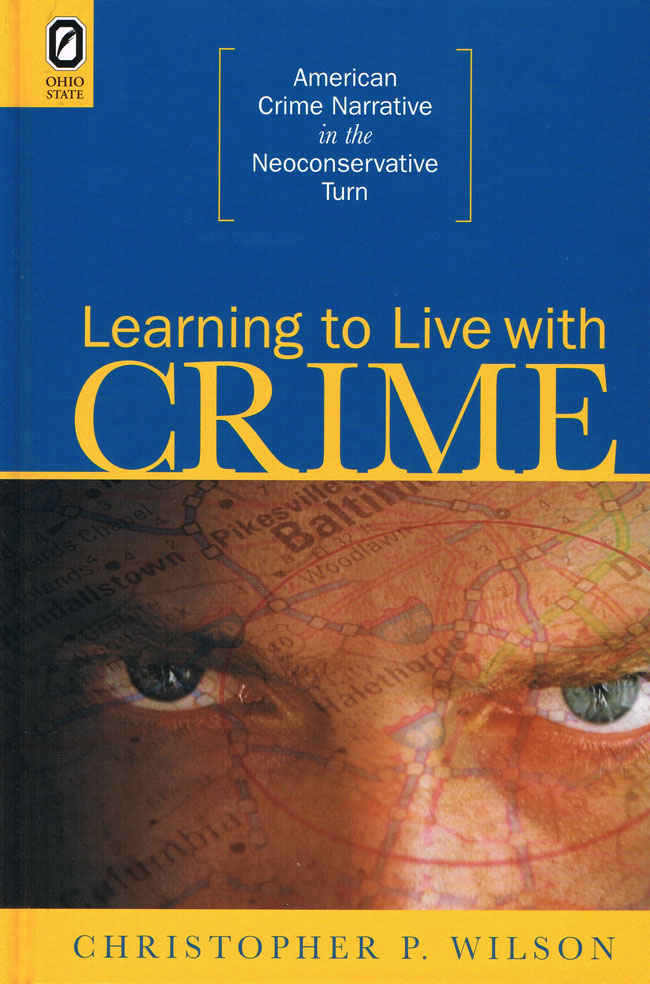Learning to Live with CrimeAmerican Crime Narrative in the Neoconservative TurnChristopher P. Wilson |
 7/21/2010 Literary Criticism/American; Language Arts & Disciplines/Journalism 202 pp. 6x9  $44.95 cloth 978-0-8142-1137-3 Add cloth to shopping cart $14.95 CD 978-0-8142-9236-5 Add CD to shopping cart Shopping Cart Instructions Review/Change Shopping Cart & Check-out | |||
|
Table of Contents
Explore More |
“a complex, provocative analysis that weds cultural studies and law enforcement, specifically, how the latter has come to define crime not as a problem requiring a solution but as an everyday risk that needs to be managed (through preemptive policing methods, interrogation techniques, and advanced technologies).” —Choice Since the mid-1960s, the war on crime has reshaped public attitudes about state authority, criminal behavior, and the responsibilities of citizenship. But how have American writers grappled with these changes? What happens when a journalist approaches the workings of organized crime not through its legendary Godfathers but through a workaday, low-level figure who informs on his mob? Why is it that interrogation scenes have become so central to prime-time police dramas of late? What is behind writers’ recent fascination with “cold case” homicides, with private security, or with prisons? In Learning to Live with Crime, Christopher P. Wilson examines this war on crime and how it has made its way into cultural representation and public consciousness. Under the sway of neoconservative approaches to criminal justice and public safety, Americans have been urged to see crime as an inevitable risk of modern living and to accept ever more aggressive approaches to policing, private security, and punishment. The idea has been not simply to fight crime but to manage its risks; to inculcate personal vigilance in citizens; and to incorporate criminals’ knowledge through informants and intelligence gathering. At its most scandalous, this study suggests, contemporary law enforcement has even come to mimic crime’s own operations.
| |||


 Christopher P. Wilson
Christopher P. Wilson